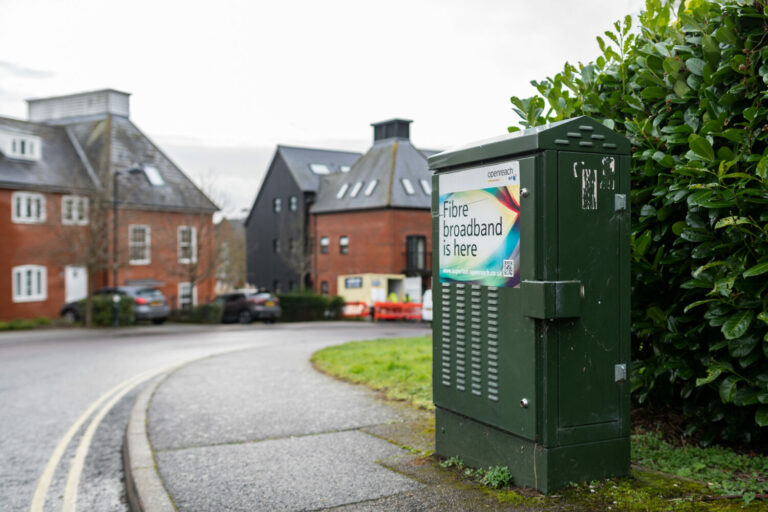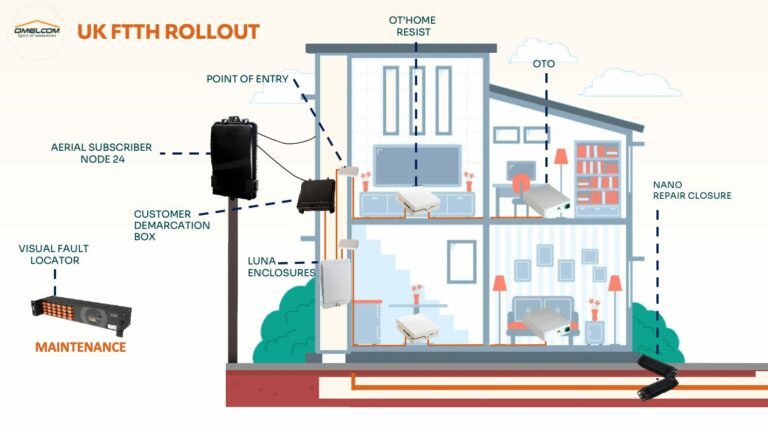A Strategic Overview

The UK connectivity market is grappling with a surging demand, boasting 14 million homes passed and 3 million homes connected as of December 2023. To address this escalating demand while simultaneously reducing operational expenditures (Opex), several key strategies have emerged from the recent #INCA Supply and Innovation Roadshow.
- Supply Chain Flexibility
The flexibility of the supply chain has been identified as crucial in tackling current challenges. By adjusting construction plans and ensuring variability in the supply chain, the market can better adapt to the dynamically changing demand.
- Balanced Multi-Vendor Approach
Adopting a multi-vendor approach presents substantial benefits while introducing challenges. Striking a balance between risks (complexity, dependencies, interoperability) and benefits (cost savings, scalability, flexibility, efficiency, resilience) is key to optimising the response to the mounting demand.
- Challenges in Household Connectivity
Effectively connecting households requires a robust, holistic, and customer-centric approach. Strengthening the supply chain, embracing a comprehensive strategy, and specifically addressing end-user needs can enhance the transition from homes passed to connected.
- Warehousing Forecasting for Cost-Effective Solutions
Optimising warehousing forecasting provides a pathway to more cost-effective solutions. By intelligently adjusting stock levels and minimising unnecessary warehousing costs, the market can achieve improved operational profitability.
- Data Automation for Cost Savings
As highlighted in discussions, data automation emerges as an effective means to achieve cost savings. Leveraging software platforms for data management offers a more efficient and economical resource management approach.
- FTTb Opportunities for Small Businesses
Focusing on Fibre to the Business (FTTb), the UK market can capitalise on opportunities within the 5.5 million small businesses with fewer than 50 employees and 1.2 million with less than 10 employees. This approach can reduce fibre deployment costs while anticipating a market resurgence due to decreased banking interests and renewed private investments.
- Omelcom’s Role in Flexibility and Cost Reduction
Omelcom plays a pivotal role in addressing the challenges of flexibility and cost reduction. With a tightly controlled supply chain, close proximity to clients, and a responsive approach enabling adaptability to the specific needs of the UK market stakeholders, Omelcom contributes to the overarching strategies discussed.
In conclusion, by embracing a flexible approach, balancing multi-vendor strategies, overcoming household connectivity challenges, optimising warehousing forecasting, automating data processes, and exploiting FTTb opportunities, the UK market, along with Omelcom’s contribution, can effectively meet the growing demand for connectivity while reducing Opex at various levels. Continuous innovation and sector-wide collaboration will be essential in shaping a connected and economically viable future.







